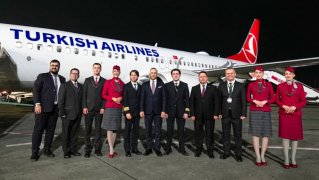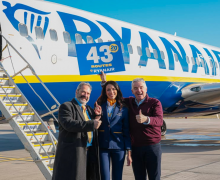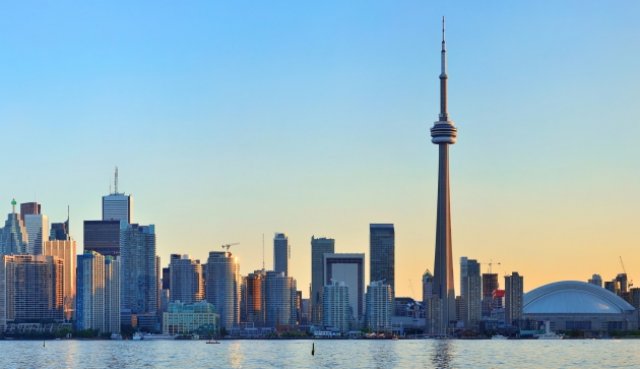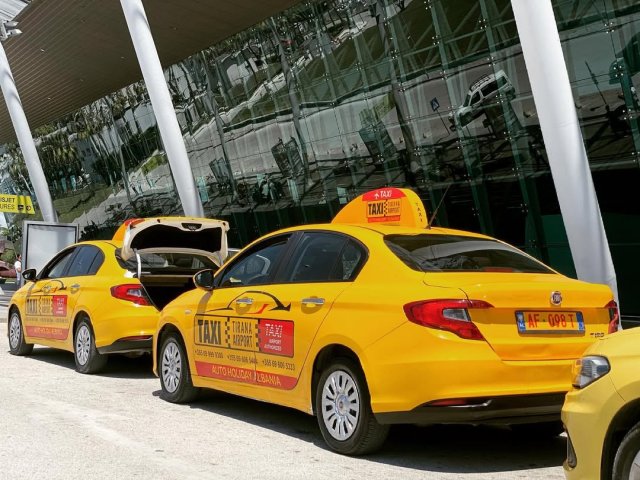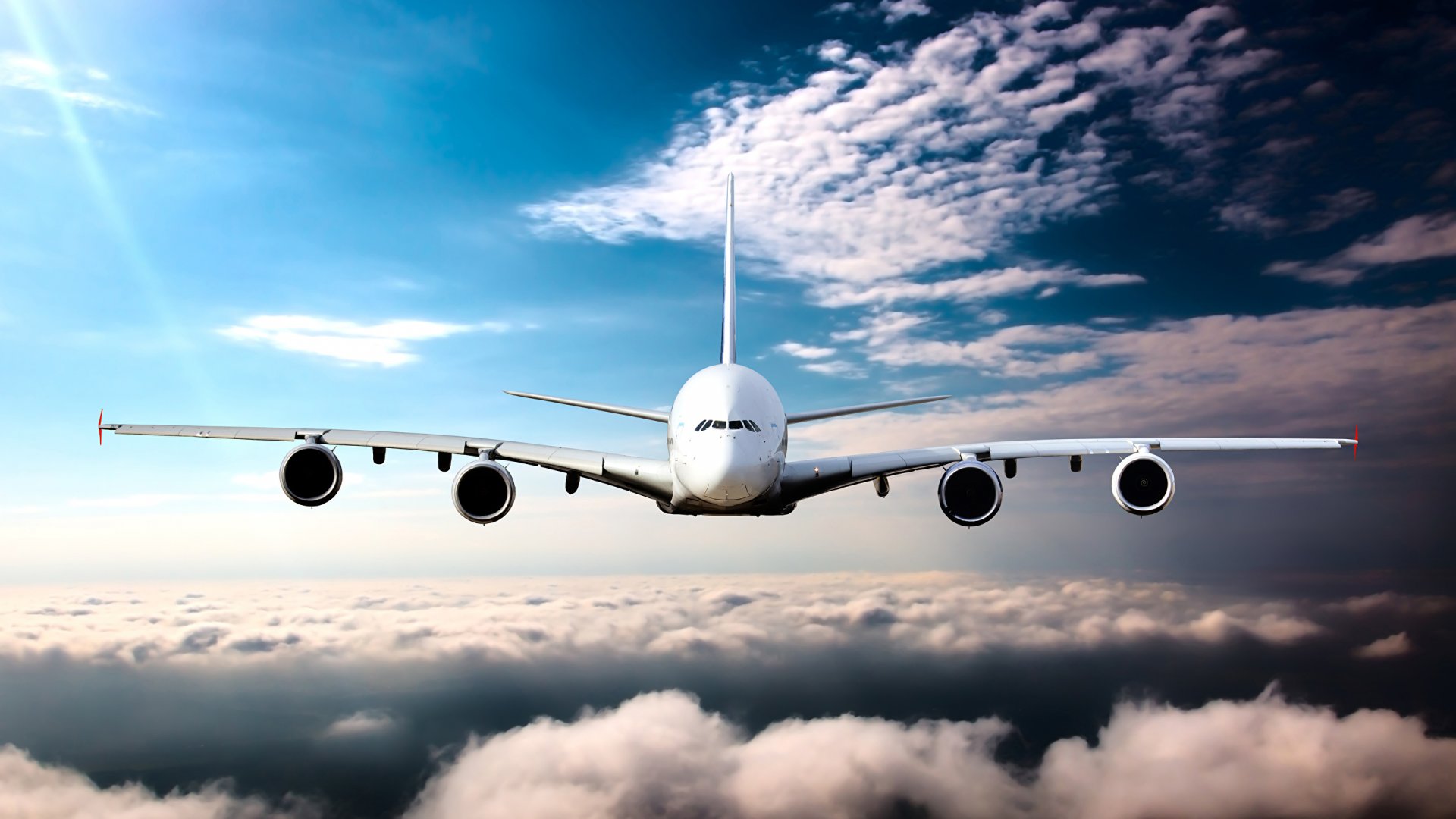
-
Flights
-
Transport & Directions
At & Around TIA
Car Rental
Discover car rentals at and near the Airport by clicking the link below. Please contact them in case you need their service.
Discover - B2B
- At the Airport
- Company




